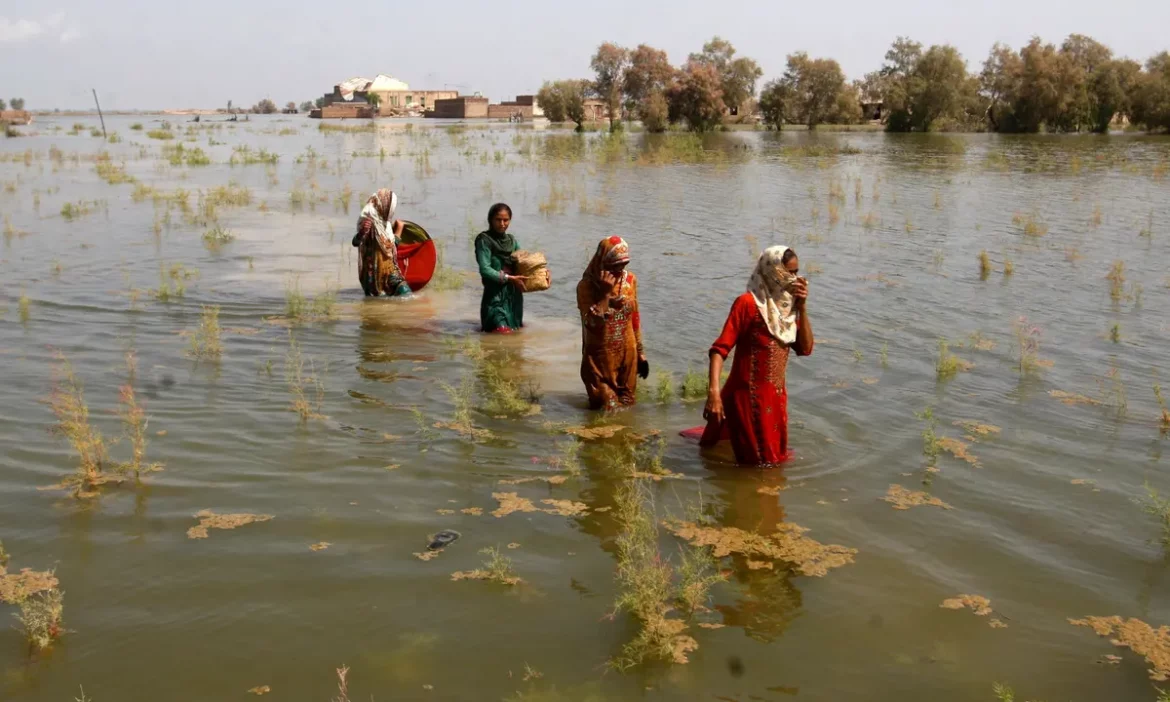The Intergovernmental Panel on Climate Change has said that avoiding the worst ravages of climate breakdown is still possible and that there are “multiple, feasible and effective options” for doing so.
Hoesung Lee, chair of the IPCC which is made up of the world’s leading climate scientists said that – despite the widespread damage already being caused by extreme weather, and the looming threat of potentially catastrophic changes – the future was still humanity’s to shape.
“[The IPCC reports] clearly show that humanity has the knowhow and the technology to tackle human-induced climate change. But not only that,” he was quoted as saying. “They show that we have the capacity to build a much more prosperous, inclusive and equitable society in this process,”.
He further stated that tackling climate change is a hard, complex and enduring challenge for generations.
“We, the scientific community, spell out the facts of disheartening reality, but we also point to the prospects of hope through concerted, genuine and global transformational change.”
Read also: Report says cost of energy “will drop below £2,000” from July
According to the final section of the IPCC’s comprehensive sixth assessment report (AR6) of human knowledge of the climate, finance would be key even as the shift to a low-carbon economy would take between three and six times the amount of funding currently devoted to green investment.
The report also showed climate justice would also be vital because the people being hit hardest by the impacts of the crisis were the poorest and most vulnerable who have done the least to cause the problem.
Aditi Mukherji, one of the 93 authors of the “synthesis report”, the final section that draws together the key findings, said: “Almost half the world’s population lives in regions that are highly vulnerable to climate change. In the last decade, deaths from floods, droughts and storms were 15 times higher in highly vulnerable regions.”
Chris Jones, of the Met Office Hadley Centre and a member of the report’s core writing team said that emissions fell by 6% in 2020 owing to the Covid-19 lockdowns, and a similar fall would be needed each year for the next decade.
“The scale of the challenge is massive,” he said. “If we keep emitting at the current rate, the carbon budget for 1.5C will be exhausted by 2030.”
Story was adapted from the Guardian.
